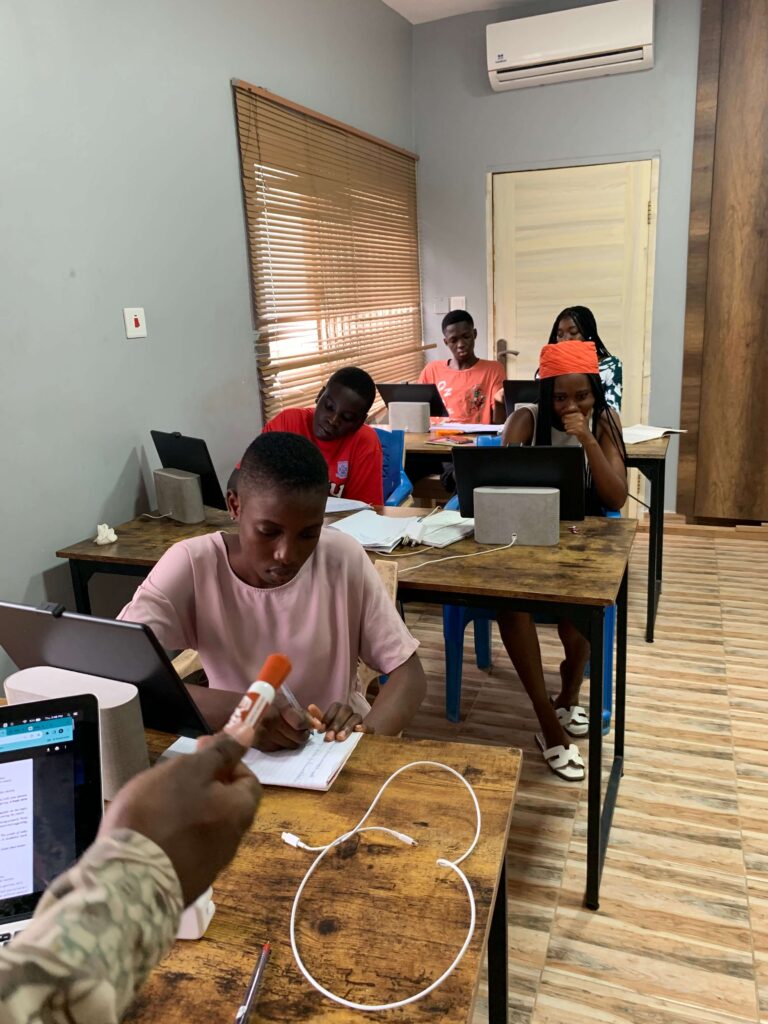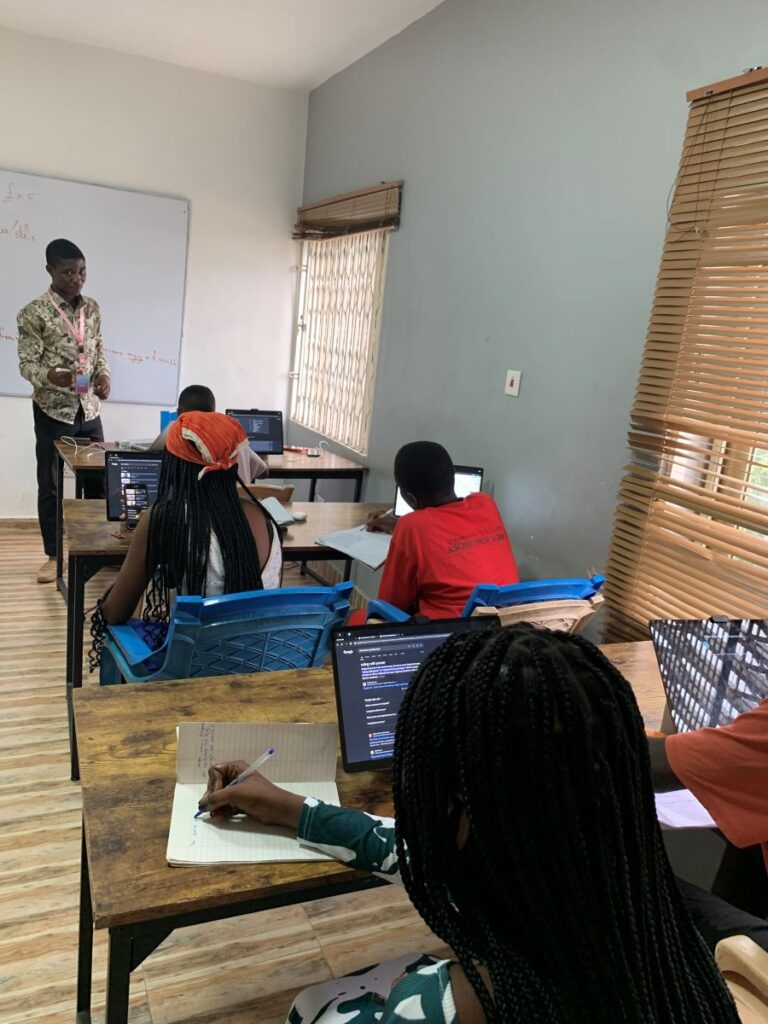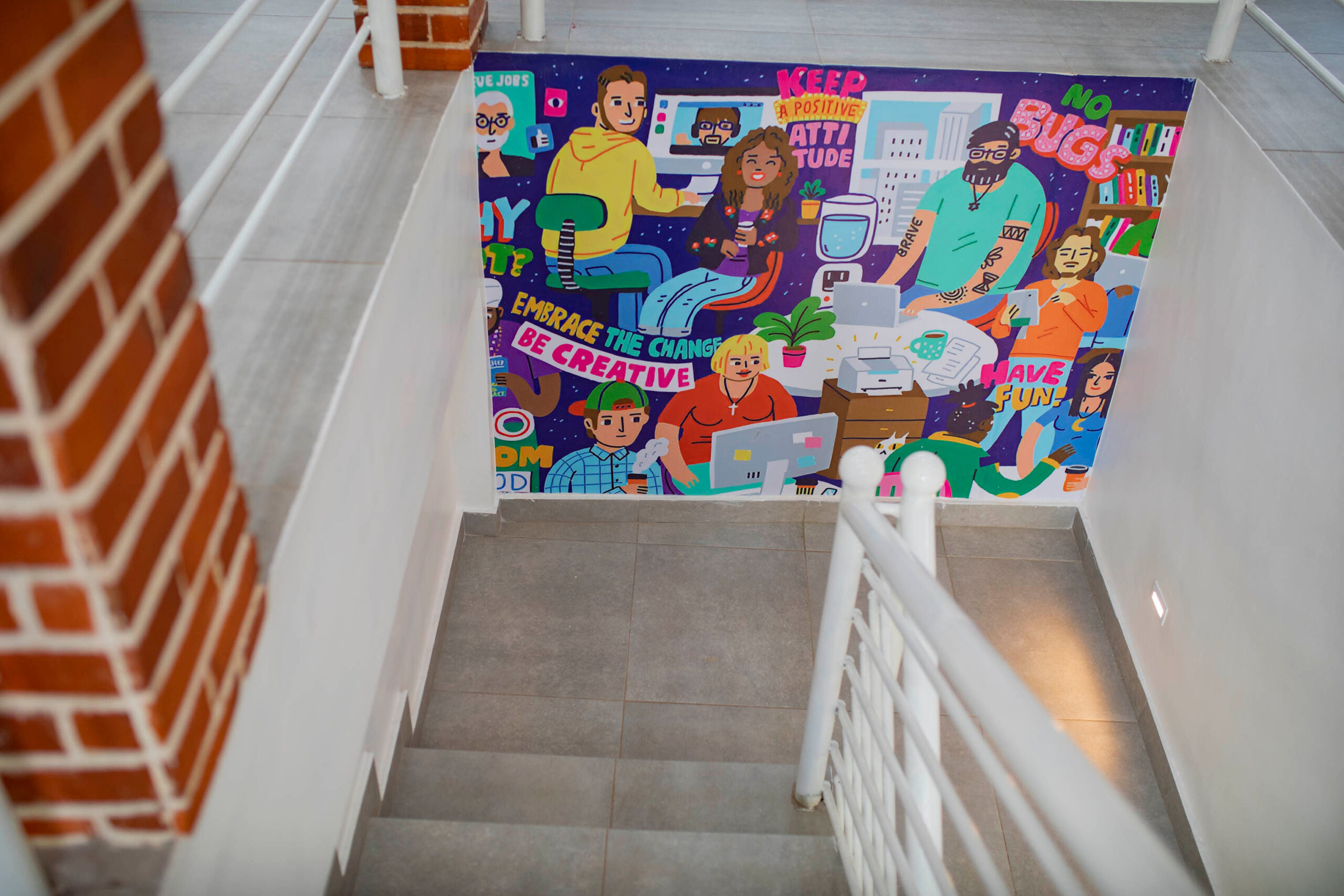Vacation classes, also known as holiday or break-time classes, refer to educational programs offered during school vacations or breaks, often aimed at children and adults seeking additional learning opportunities during their time off. These classes ranges from academic support to skills development or personal enrichment, providing a productive way for participants to spend their vacations. Here’s a detailed look at vacation classes:

Free Vacation Classes for both Junior and Senior High Students
Offering free vacation classes can provide significant inspiration and promote well-being among students and communities. Here’s how vacation classes can foster both:
Encouraging Personal Growth
Learning Beyond the Classroom: Vacation classes provide an opportunity for students to explore subjects they are passionate about, without the pressure of exams or grades. Whether it’s creative writing, art, music, or a new language, students can engage with topics that inspire them, nurturing their curiosity and creativity.
Skill Development: Classes focusing on life skills like leadership, communication, or time management can empower students to grow personally, which boosts their confidence and motivation.
Promoting Mental Well-being
Mindfulness and Relaxation: Offering classes in yoga, meditation, or art therapy can help students focus on mental health and well-being, giving them tools to manage stress, stay grounded, and improve focus during regular school periods.
Reduced Academic Pressure: Vacation classes often have a relaxed atmosphere, allowing students to learn at their own pace, free from the stress of regular school routines. This reduces anxiety and promotes a positive learning environment.

Physical Well-being
Sports and Fitness Programs: Including physical activities like swimming, dance, or outdoor sports in vacation classes helps students stay active and healthy during their break. This not only keeps them physically fit but also helps in releasing stress and improving mental clarity.
Healthy Habits Workshops: Workshops on nutrition, hygiene, and self-care can encourage students to develop habits that support long-term physical and mental health.
Social Connection and Community Building
Collaboration and Teamwork: Vacation classes provide a social outlet where students can meet new peers, work in teams, and collaborate on creative projects. This builds a sense of belonging and community, essential for social and emotional well-being.
Inclusive Learning Spaces: These classes can create an inclusive environment, where students from different backgrounds and abilities come together, promoting diversity and empathy, and reducing feelings of isolation.
Building Inspiration through Exposure
Guest Speakers and Mentors: Inviting professionals, artists, or motivational speakers to talk to students can inspire them to think about future career paths or personal development goals. Exposure to new ideas and experiences can spark a sense of purpose and excitement for learning.
Field Trips and Hands-on Learning: Taking learning outside the classroom through field trips or hands-on activities can make education more dynamic and engaging, helping students connect theory to real-world applications.
Creativity and Innovation
Art and Music Classes: Offering creative outlets like painting, sculpture, photography, or music can enhance students’ imaginative abilities and encourage self-expression. This can also serve as a therapeutic tool, improving mood and reducing stress.
STEM and Innovation Workshops: Providing opportunities for students to engage in science, technology, engineering, and mathematics (STEM) projects, such as coding or robotics, encourages critical thinking and problem-solving, which is both intellectually stimulating and fulfilling.
Boosting Academic Confidence
Academic Support: For students struggling in particular subjects, free vacation classes can offer remedial lessons or one-on-one tutoring. This additional help can reduce the anxiety they may feel in regular classes and improve their academic performance, enhancing their self-esteem.
Enrichment Opportunities: Advanced learners can use vacation classes to explore more challenging material, sparking a deeper love for learning and boosting their academic confidence.
Structured Use of Free Time
Productive Engagement: Vacation classes keep students constructively engaged, helping them maintain a routine. This can prevent boredom and lethargy, which can sometimes negatively impact mental well-being.
Focus on Interests: Students can explore hobbies or interests they may not have time for during the regular school year, encouraging lifelong learning and personal passion development.
Sense of Achievement
Certificates and Recognition: Offering certificates or awards for completion of vacation classes can boost students’ sense of accomplishment, inspiring them to pursue more learning opportunities and setting them up for future success.
Free vacation classes can be a powerful tool for inspiration and well-being, allowing students to relax, recharge, and grow in a supportive and engaging environment. They promote holistic development, ensuring students return to their regular studies feeling inspired, refreshed, and ready to take on new challenges.
